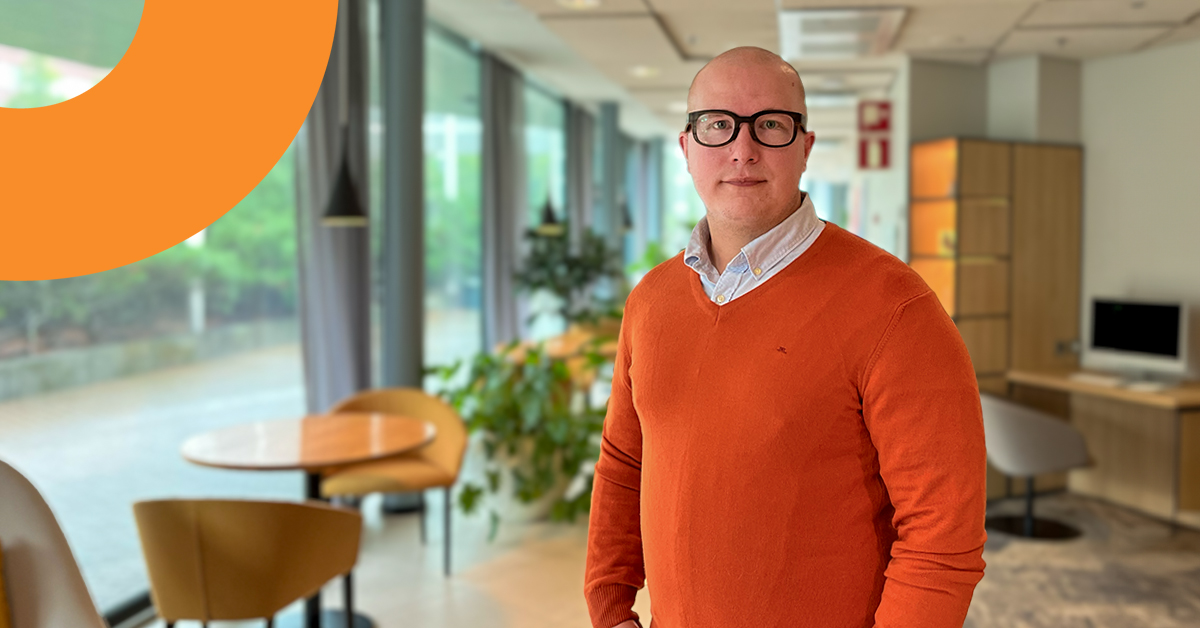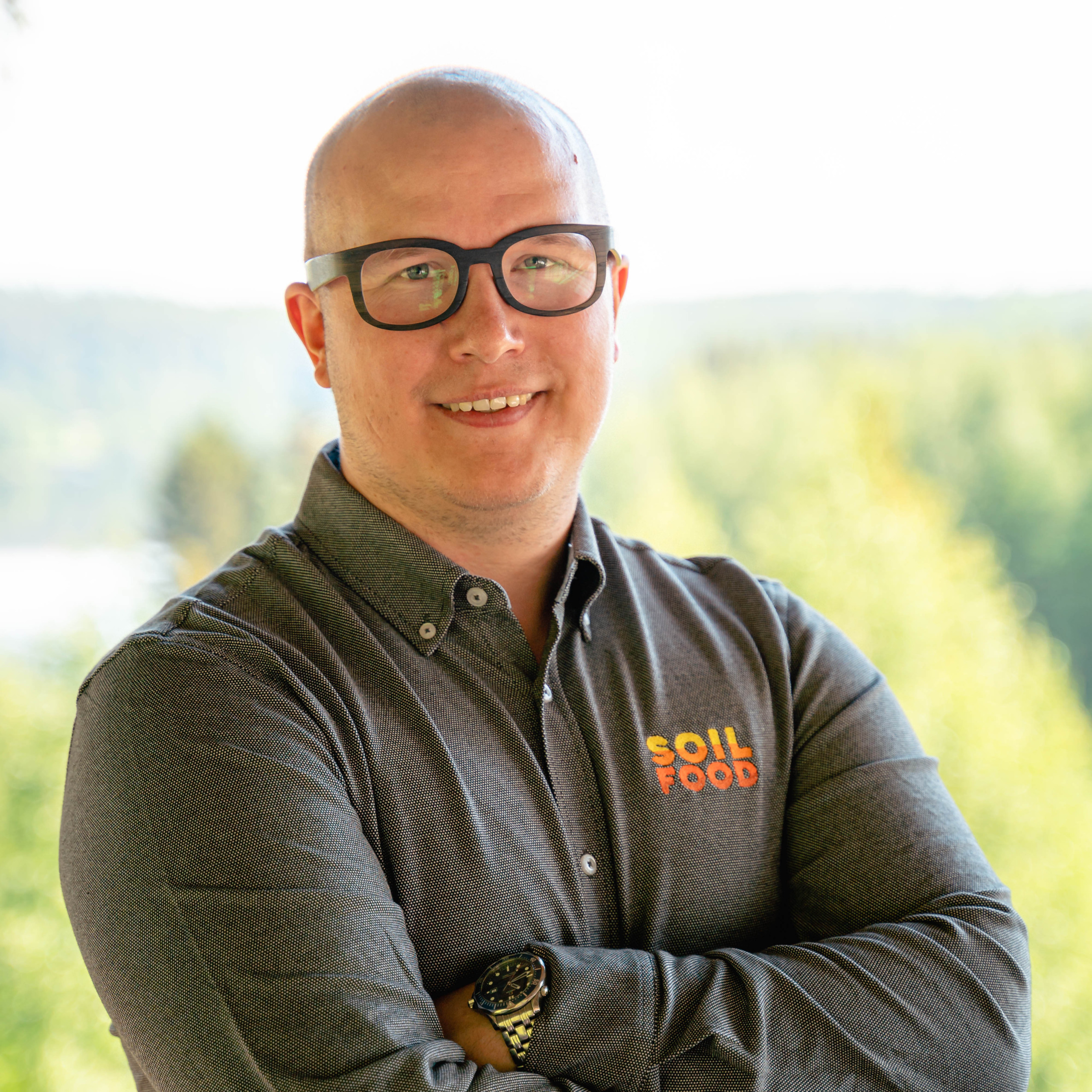Article
30.1.2026
Newera Fine Lime in use at STEP
Read more

In industrial production, the aim has always been to maximize efficiency and minimize waste — long before the term circular economy was even coined. Today, factory managers and project teams face an even greater challenge when evaluating operational improvements and the technologies to implement: How far into the future should one look to ensure the chosen solution remains competitive and compliant throughout its entire lifecycle?
Changing regulations, a global economy driven by quarterly cycles, pressure to mitigate climate change, evolving stakeholder expectations, the energy transition, and continuous technological advancement — all of these raise the critical question: Which horse should you bet on when selecting a technical solution or technology for your investment?
None of us has a crystal ball, so I try to frame my thinking using the following questions:
We simply can’t afford failed investments.
Many technological investments can now be replaced with service-based solutions that offer significant advantages. A service model typically requires no major upfront investment and provides flexibility. It allows companies to outsource the need to constantly adapt to rapidly shifting markets and disruptions.
Many technological investments can now be replaced with services that deliver measurable value.
I base this claim on experience. Soilfood has served Finnish industry with side stream processing services for nearly ten years. We provide our clients with competitive, circular economy–driven solutions. From industrial side streams, we refine products that end users choose based on price, quality, impact — or a combination of all three.
We have numerous examples and case studies showing how production profitability and operational focus improve through a partnership model. Often, our service replaces options like energy recovery or a wastewater treatment plant investment — both of which demand major capital and long-term commitment.
We have numerous examples of improved profitability and operational focus through partnerships.
At Soilfood, our goal is to enhance competitiveness, increase profitability, and reduce costs. Circular economy thinking includes not only recycling but also regeneration and renewal.
Our vision behind every service and recycled product is clear: to replace virgin raw materials and products with recycled ones — extensively and rapidly — to use natural resources wisely. That matters, especially when assessing solutions for the long term.
We should aim to leave things in better shape than we found them.
